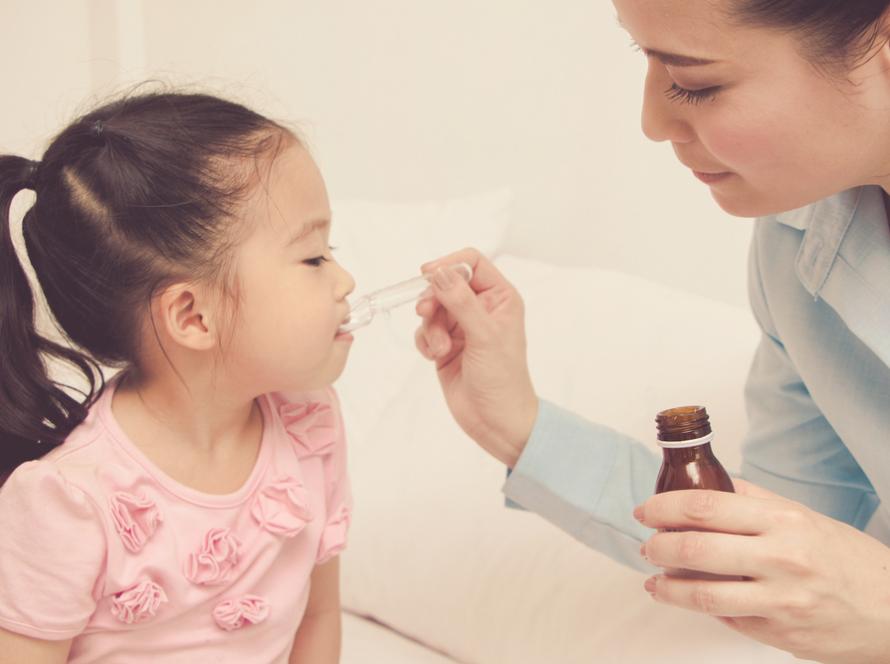When it comes to children’s oral hygiene, parents often wonder what the best practices are to ensure healthy smiles for their little ones. One question that frequently arises is whether kids really need to floss. It might seem like a daunting task to add to the already overwhelming list of parenting duties, but flossing could be more important than you think. In this article, we delve into the truth about kids’ oral hygiene and the role flossing plays in maintaining those pearly whites.
The Importance of Kids’ Oral Hygiene
Oral hygiene is crucial from a young age as it supports overall health, sets the foundation for a lifetime of healthy dental habits, boosts confidence through a healthy smile, and helps prevent serious dental issues as they grow older. A child’s oral health is not just about having a sparkling smile; it’s integral to their overall well-being. Cutting corners or neglecting proper oral care can contribute to cavities and gum issues over time, which can impact a child’s ability to speak and eat properly. Moreover, children with dental issues may experience pain and discomfort, which can affect their concentration and performance at school.
Early Start to Healthy Smiles
It’s a common misconception that baby teeth aren’t important because they eventually fall out. However, these teeth are placeholders for adult teeth and play a significant role in guiding them into the proper position. Good oral hygiene from an early age prevents early tooth decay, which can have long-term effects on a child’s dental health.
What Does a Children’s Dentist Recommend?
Children’s dentists emphasize the importance of establishing an oral hygiene routine early on. This routine includes brushing twice a day with fluoride toothpaste and flossing once a day. Regular dental visits should begin when the first tooth makes an appearance or no later than the child’s first birthday. These visits help track the development of their teeth and catch any potential issues early.
Brushing and Flossing: The Dynamic Duo
While brushing is crucial for cleaning the surfaces of the teeth, flossing reaches the areas between the teeth where a toothbrush cannot. These spaces are especially prone to plaque buildup and cavities, even in baby teeth, which are essential for proper chewing, speech development, and guiding permanent teeth into place. For children, particularly those with tightly spaced teeth, flossing is an essential part of their oral hygiene routine.
When Should Kids Start Flossing?
The question of when to start flossing is common among parents. Most children’s dentists recommend introducing flossing when a child has two teeth that touch. This usually happens around the age of 2 or 3. At this age, parents should assist their children with flossing until they have the dexterity to do it on their own, typically by the age of 8 to 10.
Making Flossing Fun and Engaging
To encourage kids to floss, make it a fun and engaging activity. Use flavored floss or floss picks with their favorite characters. Create a reward system or a flossing chart to track their progress and celebrate their commitment to healthy habits.
Common Misconceptions About Kids’ Oral Hygiene
Misconception 1: Baby Teeth Don’t Need as Much Care
As mentioned earlier, baby teeth are crucial for maintaining space for adult teeth. Neglecting them can lead to problems with permanent teeth, including misalignment and increased risk of decay.
Misconception 2: Only Sugar Causes Cavities
While sugar is a major culprit in cavity formation, it’s not the only factor. Starches like bread and pasta also break down into sugars in the mouth, contributing to plaque buildup. Therefore, a balanced diet and regular oral hygiene are vital.
Misconception 3: Kids Don’t Need to See a Dentist Until They Have All Their Teeth
Regular dental check-ups for children from an early age are essential for maintaining their oral health. These visits help in monitoring the growth and development of teeth and provide an opportunity for professional cleaning and preventive care.
Tips for Ensuring Effective Oral Hygiene for Kids
- Lead by Example: Children mimic the behavior of adults. Show them how you brush and floss your teeth, making it a family activity.
- Use the Right Tools: Invest in child-friendly toothbrushes and flossers that are easy for little hands to use.
- Create a Routine: Consistency is key. Brushing and flossing should be a regular part of the morning and bedtime routine.
- Educate About the Importance: Use books and videos to explain why oral hygiene is important, helping them understand its impact on overall health.
Final Thoughts
Helping your little one develop oral hygiene habits early on is key to keeping their healthy smiles and supporting their overall well-being. Flossing is vital in this routine, as it helps remove sticky plaque and prevent dental issues. By making flossing enjoyable and integrating it into daily activities, parents can encourage their children to develop lifelong healthy oral habits. It’s also important to schedule regular visits to a children’s dentist to monitor dental health and address any concerns early on. So, yes, kids definitely need to floss—a small effort now can lead to significant benefits in the future.
Contact Toronto Kids Dental today for more information on children’s dental care!


